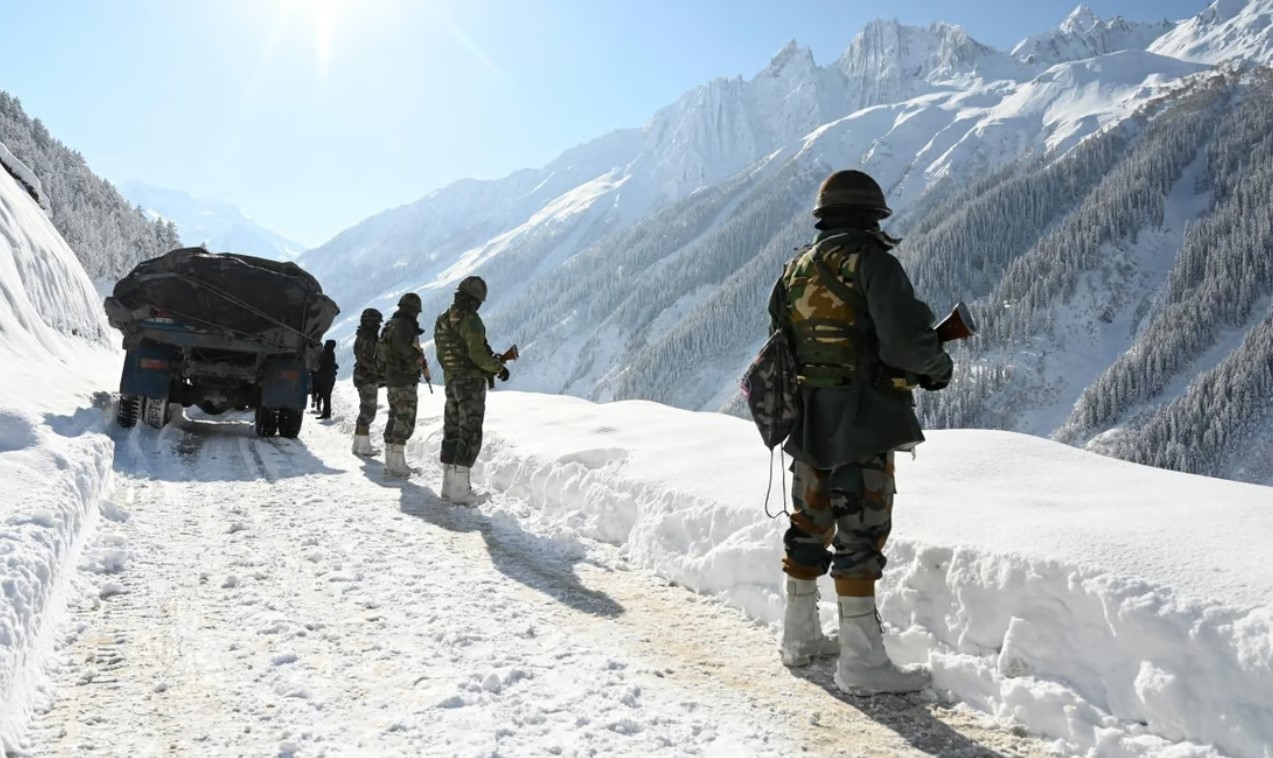
India – China LAC: Will The Dynamics Change

Countries react to their environment and to their neighbours much like their people do; these reactions span the spectrum from sloth and passivity to hyper-individualism, and are influenced by the historical and cultural values latent in the respective societies. The changes in bilateral relations and the tensions that have come about in India – China relations are reflective of the steady development of their respective national capabilities, and a perception in either country that continuing the prevalent status quo may inhibit future development of national goals.
Slow Changes Underway in India
Effecting policy changes in India has been compared to a large container ship changing its course. The Government has been taking tentative steps towards implementation of many reforms recommended in the past to achieve streamlining and synergy in the management of national security. Despite announcing support for the idea in its election manifesto, the Government took till its second term to announce a Chief of Defence Staff; on equally important issues like theaterisation of forces, there appears to be, at least to someone viewing the progress from outside the “corridors of power”, serious foot-dragging even now.
Comfort Zones and Baby Blankets
An old Yankee saying goes “If it ain’t bust, don’t fix it”. Our country and its decision makers almost seem to want things to go bust before vital changes are brought about. The decision – makers appear to have internalized the colonial distrust of the “common citizen” to such a degree that it has taken so very long to even admit that private / citizen participation in the design and working of national security was necessary. While regular obeisance is made towards the “creative genius” of the Indian people, they are more often than not kept at arm’s length from discussions or development policies affecting national security. Government organisations and structures have also by and large been staffed by employees of the government, often precluding the utilisation of expert and experienced personnel outside the government. Indian post-war negotiators have the dubious record of conceding on the table military achievements won at great cost of blood, like the case of the Haji Pir Pass. A perceptive observer once pithily remarked that China achieves its geopolitical achievements through better strategies that make up for poor tactical competence, whereas in India, tactical brilliance often has to make up for strategic emptiness.
Imran Khan, in his salad days as Pakistan cricket captain, once rephrased Napoleon’s dictum and wisely said that great teams are those who learn even from their victories; every team will have something to learn from a failure or loss. The many committees that have recommended major and substantive changes in the country’s higher direction of war have all tried to make up a great team; the magic pull of the comfort zone has posed problems in implementation, time and time again. The confrontation with the Chinese has greatly contributed to the urgency and immediacy of recent steps to implement changes. Recent developments in defence procurement and allowing much-larger-than-usual participation by private players in sensitive sectors such as defence equipment, space and electronics are welcome changes, efforts to shed the comfort of the baby blanket; one only hopes that this momentum is sustained.
Need for a Gestalt National View
Continuous Monitoring. Today’s world is more interconnected and more interdependent than ever before. The spread and reach of the internet and the social media it has enabled have laid much of the world within reach, quite without precedent. Our potential adversary/adversaries or rival/s can therefore keep every aspect of our vibrant, raucous and often fractious democratic society under close observation, and prepare continuously to exploit the fault lines therein. By itself being a tightly controlled heavily surveilled totalitarian state, China does not offer us the same facility in return.
Oversight Mechanisms. Other countries faced with the same problem have developed mechanisms and structures to keep close watch on Chinese activities even as they permit Chinese economic or other activities in their homelands. Examples of the same range from the Committee on Foreign Investment in the United States (CFIUS)[1] in the USA to new regulations covering Confucius Institutes in Australia[2].[3] India, despite finding (dis)honourable mention in both the Mitrokhin Archives[4] as well as the Wikileaks[5] continues to be blasé about foreign activities in various spheres, leaving it to respective states to handle, which they do as primarily a “law and order” problem!
Elite Consensus. Similarly, despite public differences of opinion and differing perspectives on issues, countries succeed in creating consensus about national security issues cutting across political party lines among the national elite. Such elite consensus prevents differing perceptions from descending into fault lines that adversaries can exploit and helps in maintaining the momentum of decision making. Ruling and opposition parties in India too have to reach across party lines in order to restore politics to being “the art of the possible”. The Government has to take the opposition into confidence on key national security issues, while the opposition must respect the security value of the issue/s and not resort to their public politicization.
Changing Can be Challenging
French writer Jean-Baptiste Alphonse Karr wrote in 1849, “plus ça change, plus c’est la même chose” – the more things change, the more they stay the same…Turbulent changes do not affect reality on a deeper level other than to cement the status quo. A change of heart must accompany experience before lasting change occurs.[6]
The Government of India has to be commended for finally grasping the nettle and undertaking major steps towards taking more hands-on ownership of national security. Especially satisfying is the focus the country has sustained on development projects needing long gestation periods. These have ranged from multi-mode transportation and communication links in the border areas to efforts to involving private industry players in defence technology development to fostering “atmanirbhar” innovation in niche technology segments. However, long-established, in some part inherited from British colonial, procedures stubbornly refuse to go away and continue resistance to change.
For example, it beats comprehension to hear of Police forces (central or state) going in for purchase of state-of-the-art Tavor assault weapons[7] even as the armed forces and the Ministry of Defence debate unendingly whether a weapon needs to be procured ex-import or whether they must wait for the new India-made “atmanirbhar” AK series weapons. No “atmanirbharata”, no seeking economies of scale, no standardization and reduction of inventory, no convoluted procurement policies and procedures here? This is not just about being jealous, but pointing out the dichotomy in rules – is the logic of Defence Procurement Procedures only applicable to those under the Ministry of Defence rubric?
The Kargil Review Committee, as well as the Naresh Chandra and Shekatkar committees are believed to have strongly pushed to retain the young profile of the armed forces – the Agniveer introduction was also touted as a means to retain the younger age profile of the rank and file, as soldiers would need to be fit to operate in extreme conditions of terrain and weather. If that was a core requirement for the armed forces, how is it that terms and conditions of service do not seem to have changed for the ITBP which is raising nine new battalions, and have to serve in the very same harsh terrain?
As these examples show to the outsider, there appears to be a clear lack of thinking “national security” as an overarching theme, and of various parts of the nation working complementarily to achieve its various facets.
Perceptions of India
As India grows to realize her potential, the country would be more and more under the detailed scrutiny of rivals, and even friends. Coordinated and well-oiled responses from India to emerging situations, in themselves the outcome of organisations and structures within the country and the government which work with efficiency, complementarity and optimal skill sets, are what will earn the country its “perceived power”, which alone can deter a potential adversary from actions that may not be in line with India’s position. The dynamics of responding to another country will ebb and flow depending on its actual, and perceived, power, influence and strength. Adding manpower, or propaganda about military prowess, are not guarantees to getting the respect desired, and ensuring positive dynamics in bilateral relations.
India – China interactions, military or otherwise, along the LAC are likely to face ups and downs at local levels depending on the changes in each country’s perception of the other. Close watch being kept by each country on the other is bound to reveal steady improvements or increase in national power decisive and far-sighted leadership that is seen as leading the country into a stronger position. Such deep and nuanced understanding of the other country will invariably affect the dynamics of the relationship. What India needs to do now, strangely enough, is to follow Deng Xiaoping’s famous quote “Observe calmly; secure our position; cope with affairs calmly; hide our capacities and bide our time; be good at maintaining a low profile; and never claim leadership.[8]“ in real terms, never mind the optics.
*********************************************************************************************************************
References:
[1] https://home.treasury.gov/policy-issues/international/the-committee-on-foreign-investment-in-the-united-states-cfius
[2] https://www.smh.com.au/politics/federal/china-backed-confucius-institutes-face-closure-under-veto-laws-20210423-p57lvo.html,
[3] https://erudera.com/news/australia-to-shut-down-chinese-learning-institutions-due-to-propaganda-suspicion/
[4] https://www.hindustantimes.com/world/kgb-s-most-extensive-intelligence-files-from-mitrokhin-archive-open-to-public/story-gNIGBmYrCzKlCmUQ1dAyeJ.html
[5] https://indianexpress.com/article/world/wikileaks-publishes-cias-documents-revealing-hacking-programs-used-to-break-into-phones-computers-and-tvs-4559089/
[6] https://www.enigmapeople.com/blog/view/68/the-more-things-change-the-more-they-stay-the-same-jean-baptiste-alphonse-karr.aspx, accessed 2 Mar 2023
[7] https://theprint.in/opinion/mha-push-for-7-new-itbp-battalions-is-playing-into-chinas-hands-india-is-wasting-assets/1403914/
[8] https://www.globalsecurity.org/military/world/china/24-character.htm
Disclaimer
The opinions expressed in this article are the author’s own and do not reflect the views of Chanakya Forum. All information provided in this article including timeliness, completeness, accuracy, suitability or validity of information referenced therein, is the sole responsibility of the author. www.chanakyaforum.com does not assume any responsibility for the same.
Chanakya Forum is now on . Click here to join our channel (@ChanakyaForum) and stay updated with the latest headlines and articles.
Important
We work round the clock to bring you the finest articles and updates from around the world. There is a team that works tirelessly to ensure that you have a seamless reading experience. But all this costs money. Please support us so that we keep doing what we do best. Happy Reading
Support Us





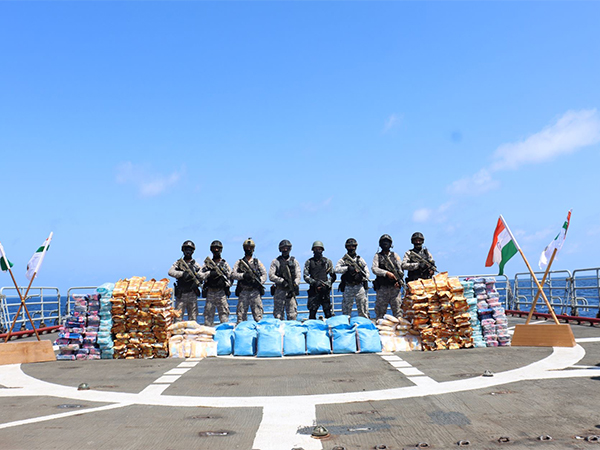
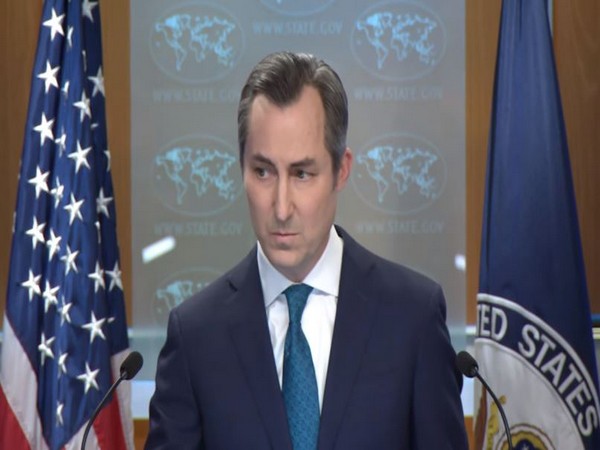
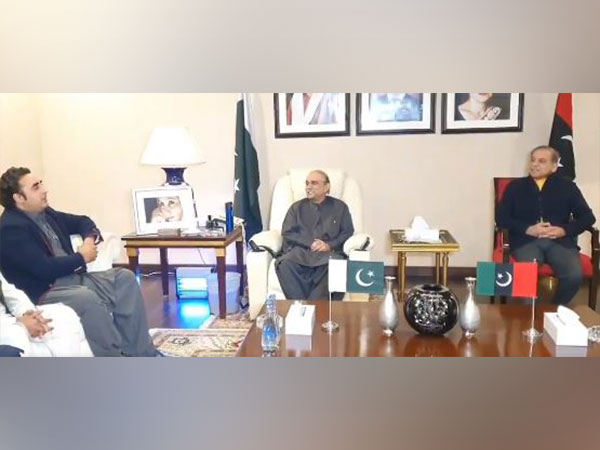
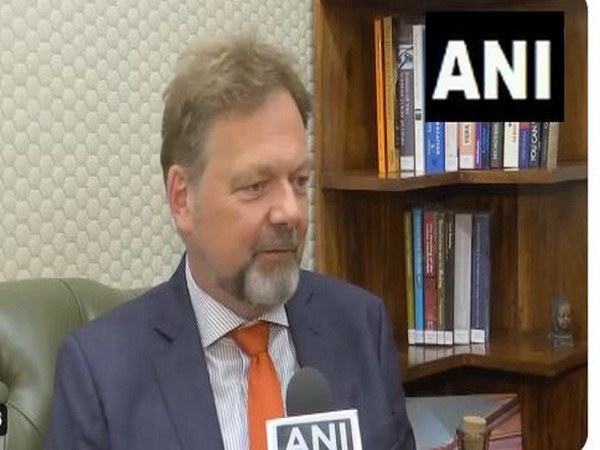
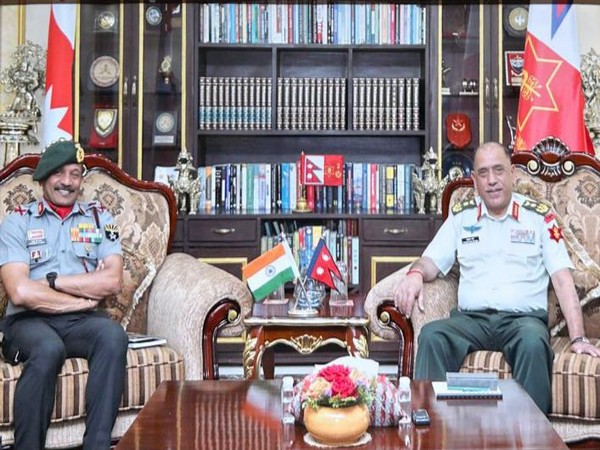
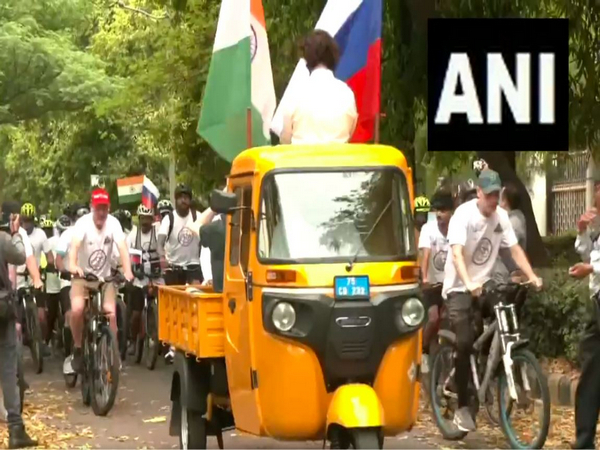

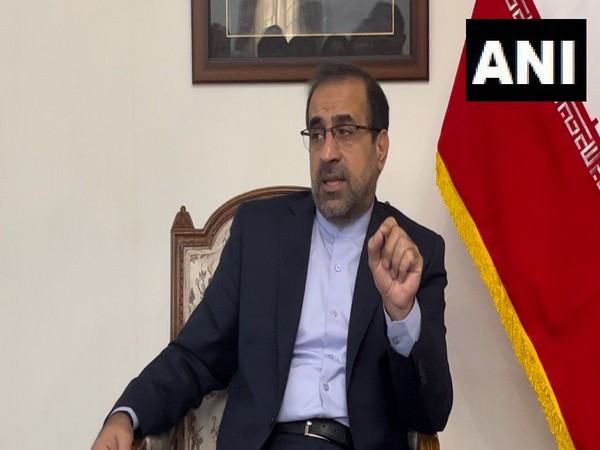
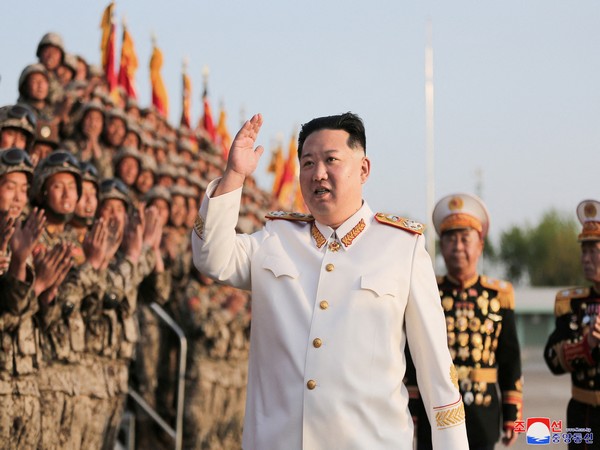






POST COMMENTS (0)